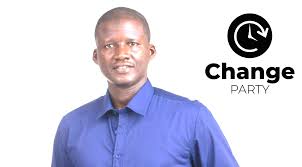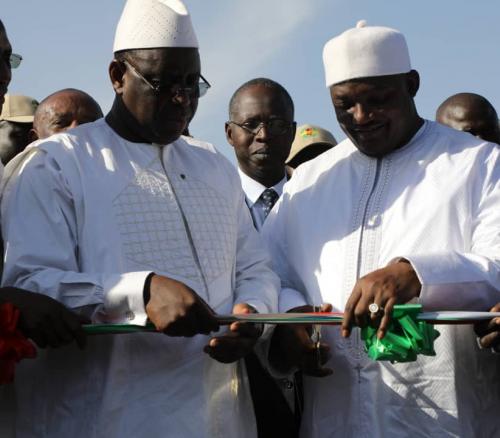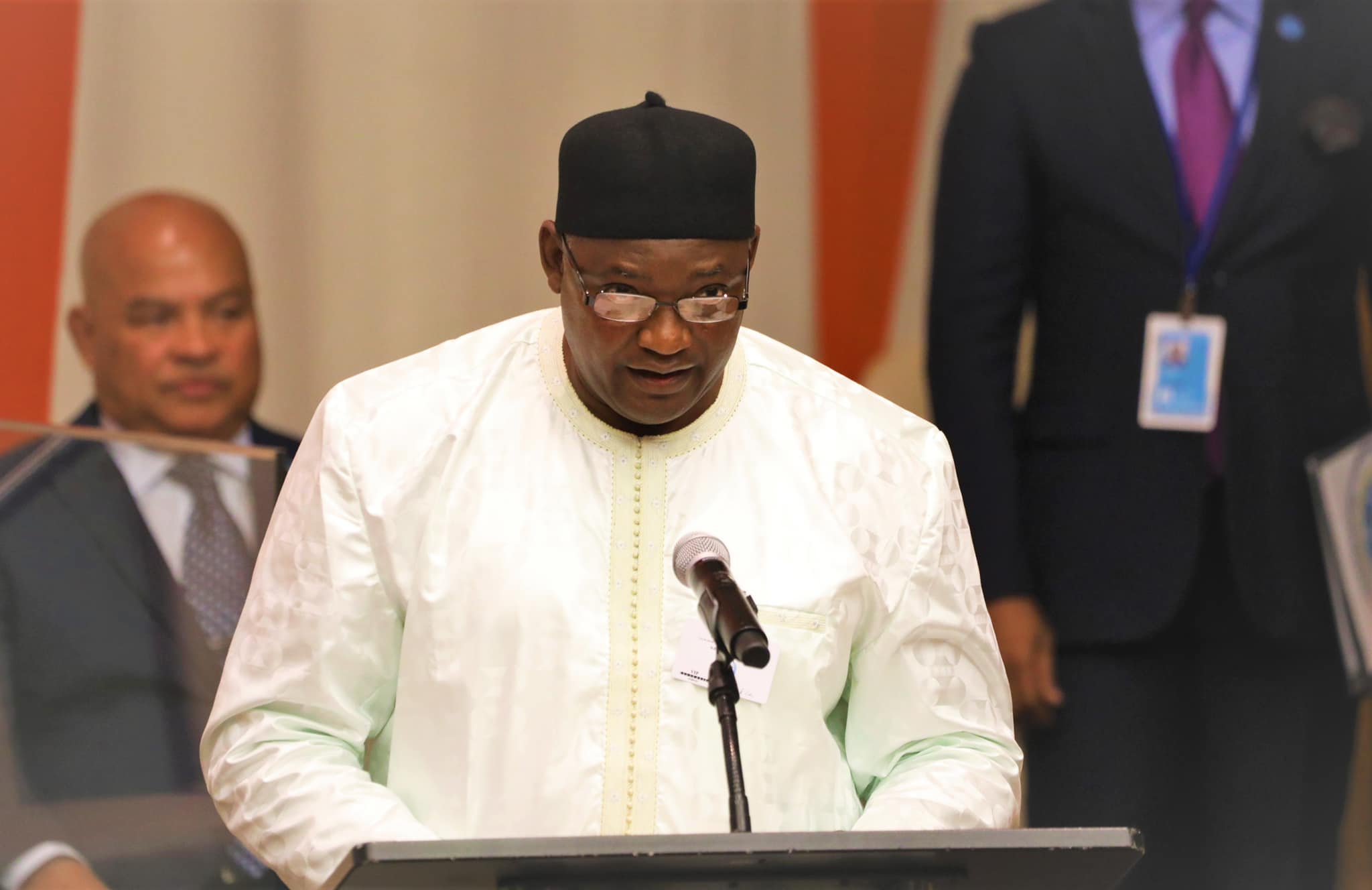By Jankey Touray
Mamadi Kurang, who seeks to contest 4th December presidential election, has blamed the government for rise in poverty, claiming government lacks coordinated efforts in alleviating poverty.
The former executive secretary of Janneh Commission told The Voice that: “all problems that the country is facing ranging from health issues, agriculture, education, unemployment, inadequate food supply, water, and electricity are caused by lacks of government coordinated efforts, which the outcome can only be poverty.”
He stated that the level of poverty is getting higher in the country and “what is missing is lack of coordinated government efforts to deal with these problems and to reduce the poverty level.”
Mr Kurang assured that if he is elected in 4th December 2021 election, he will build one hundred thousand houses (100,000) within his first five years in office to help Gambians afford decent houses.
He said house “rent is getting higher every day and many people are not receiving reasonable salaries. If we build houses, we will sell them at a cheaper price to ensure that both police, nurses, teachers, low-income earners will afford the houses,” he said.
Mr. Kurang added that one hundred thousand families will afford decent houses which will accommodate millions of people and it will be a grater achievement for the country.
“The country needs massive investment projects to keep the youth busy. The population is rising faster and the only thing leaders need is to come up with radical projects to keep the youth engage. The country’s education system is very poor and we will come up with strategies that will make education relevant and accessible,” he said.
He went on disclosing that many people will graduate from senior school every year but they cannot get access to college or universities. So “If our youth are given the right education and technology, they can create employment for themselves,” he said.
According to him, a country cannot develop without educating the youth and they need to be given the right education, and that’s the one of the ways to letting them participate in an infrastructural development.
“I want to address these problems by making education accessible and relevant. The country is very small with a lot of fertile lands with fresh water but this water has not been tapped into. Our soil is very fertile and is good for agriculture. I think agriculture in this country must make use of technology because only by making the use of technology we will be able to produce enough agricultural products and feed our families and also to be able to exchanged it in order for us to use it and whatever we get from it we can use it to develop ourselves,” he submitted.




